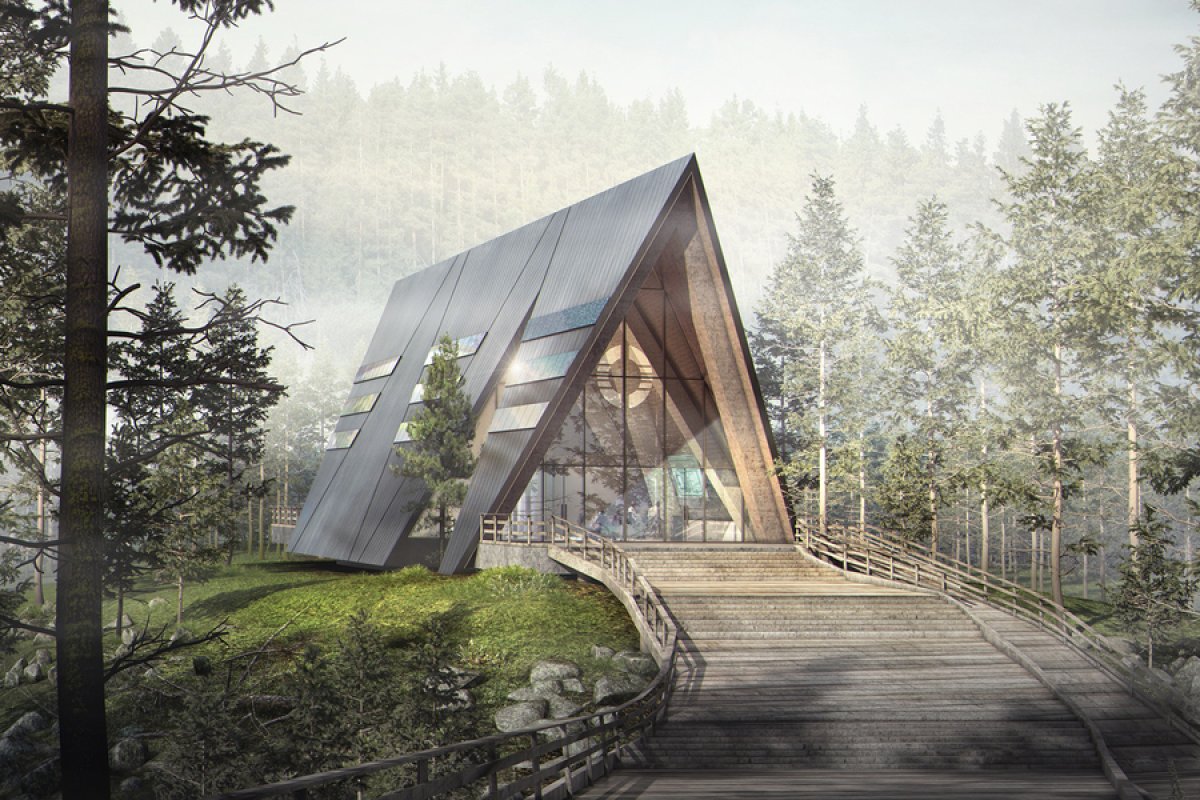Oklo, the Sam Altman-backed nuclear fission startup, has finalized an agreement with the Department of Energy to move forward with its first commercial microreactor, a major step for the company seeking to transform the nuclear energy industry with small modular reactors that require less time and money to build and operate than traditional nuclear plants.
The California-based Oklo told Newsweek that it is working to build its first reactor at its preferred site in Idaho.
“Our partnership with the DOE has been instrumental,” Jacob DeWitte, co-founder and CEO of Oklo, said in announcing that the government gave it the greenlight to start site investigation work at the site of the Idaho National Laboratory in Idaho Falls.
“Signing this [memorandum of agreement] reflects our commitment to timely deployment and operational readiness while also helping to manage costs and maintain our project schedule.”
Oklo, whose name comes from the region of Gabon, Africa where self-sustaining nuclear fission reactions took place naturally about 1.7 billion years ago, went public in May. Sam Altman, the CEO of OpenAI, serves as the company’s chairman.

Gensler
The startup is the only advanced fission company with a Department of Energy site use permit. The department awarded Oklo the site use permit originally in 2019, though the Nuclear Regulatory Commission rejected its first application to build the microreactor in 2022.
The NRC still needs to sign off on the Idaho plan, which is scheduled to break ground in 2026 and come online a year later.
Oklo is working to disrupt the way nuclear reactors are currently built and run by miniaturizing the reactors themselves. Unlike current nuclear reactors, an Oklo microreactor, which it calls Aurora, would only take up about two acres of land.
Also unlike a large nuclear reactor, Aurora doesn’t require water as a coolant. This means Oklo can drive costs down significantly and “tap into existing supply chains,” the company told Newsweek.
Today’s reactors use about five percent of the clean energy they give off, meaning nearly 95 percent of the energy content is wasted, according to Oklo.
Oklo is aiming to disrupt the nuclear industry by developing scalable nuclear power plants based on liquid metal reactor technology, the company told Newsweek. The startup will then sell the power generated from an Aurora micoreactor directly to customers under long-term contracts instead of a licensing agreement. This “takes the burden away from our customers” of having to create a plant to use the technology. Oklo will simply supply the energy.
The step forward for Oklo comes amid a growing demand for nuclear energy to power, among other things, the data centers that are fueling the rise of artificial intelligence. AI companies have energy demands that aren’t “even imaginable yet”, the company said, and need consistent and sustainable power, which rules out renewable and fossil fuels.
To that end, Microsoft is working on bringing the infamous Three Mile Island nuclear reactor back online, solely to power its AI data centers.

Oklo
With the memorandum of agreement signed, Oklo will now step up efforts to streamline transition to construction and is looking to keep the project on track for timely completion, the company told Newsweek, which assumes the NRC approval is not delayed.
Oklo will be able to focus on “geotechnical assessments, environmental surveys, and infrastructure planning” now that the agreement is in place, the company said.
In April, Oklo signed a non-binding letter of intent to collaborate on a 20-year power purchase agreement with Diamondback Energy to supply power to its shale-oil operations in the Permian Basin.
The company also signed a non-binding letter of intent in May with Wyoming Hyperscale to collaborate on a 20-year power purchase agreement to supply 100 megawatts to its data center campus.


